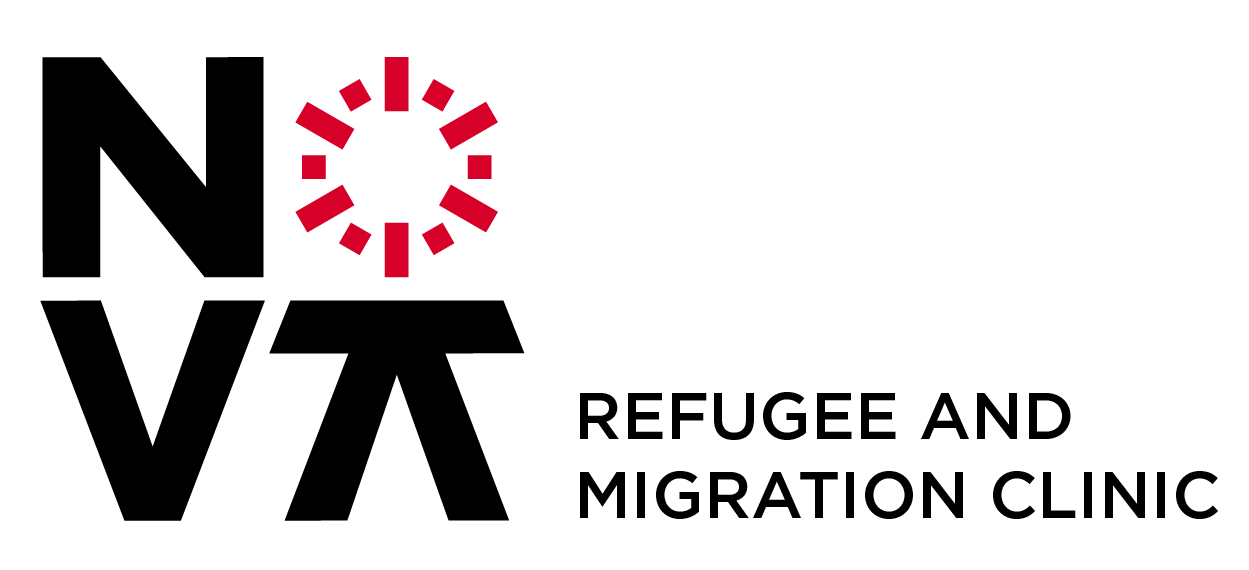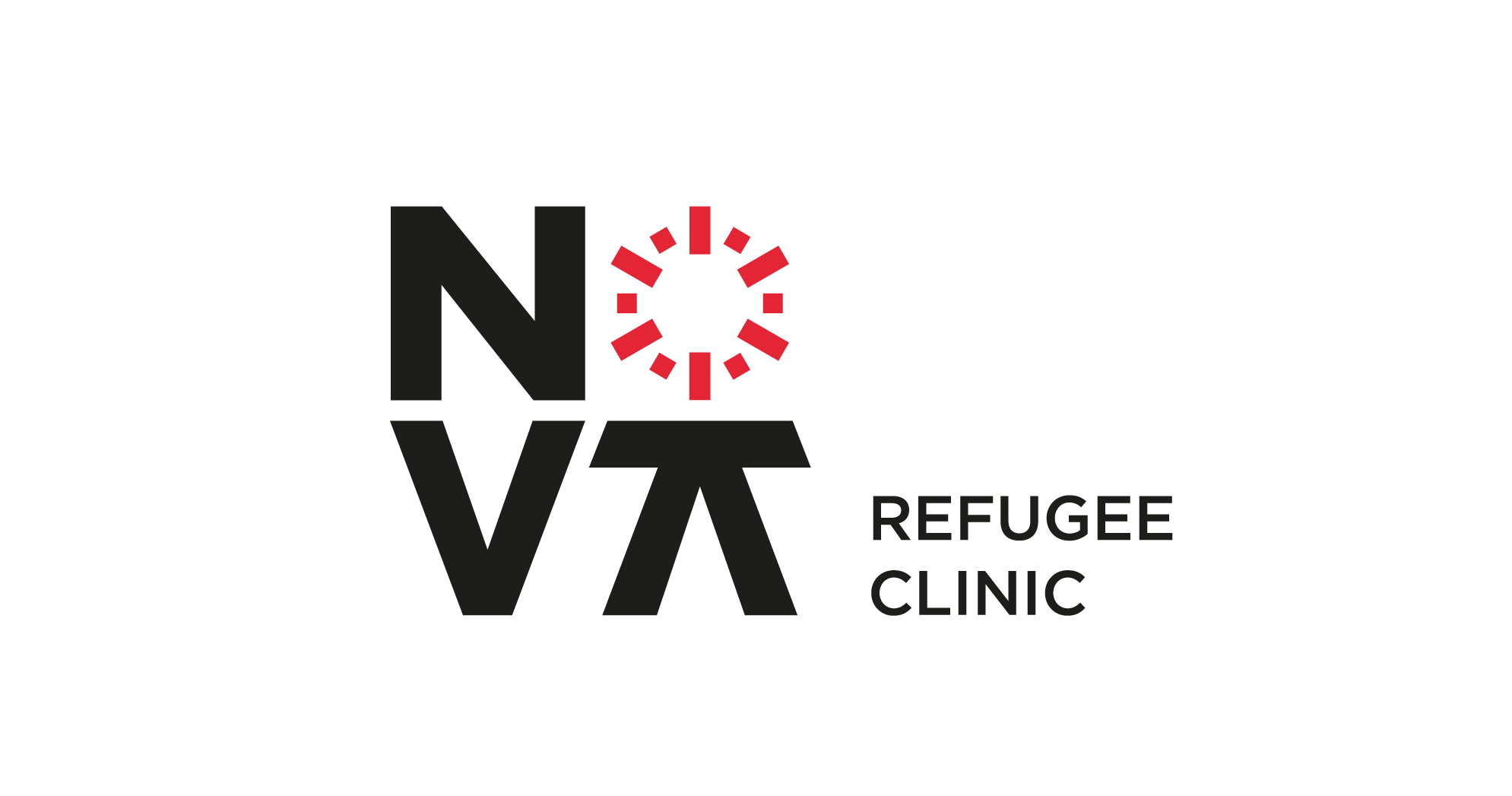This blogpost explores the tensions resulting from colonial legacies produced by the Ugandan legal framework in relation to the LGBTQIA+ community. It argues that the criminalization of LGBTQIA+ persons in Uganda has been facilitated by the intersectional impact of homophobia, colonialism, capitalism, and religion.
To mark the “16 days of activism against Gender-Based Violence” (GBV) campaign , led by civil society organisations and endorsed by the United Nations (UN), this blogpost aims to highlight the challenges and problems that women experience in the various stages of the refuge cycle and how the international community, particularly the EU, tackles this issue.
This blog post addresses the UN response to foreign fighters and their alleged connections with asylum seekers. More specifically, it focuses on UNSC Resolution 2178 (2014), discusses its underlying rationale and analyses how and if foreign terrorist fighters can be excluded from refugee protection. Finally, it explores the legal and practical obstacles of its application and stresses how a broad application of the exclusion clause may target whole fractions of asylum seekers, denying them protection and safety.
Victoria Silva Ferreira[1] Entre os direitos conferidos aos requerentes de asilo em uma comunidade política específica está o princípio de non-refoulement, que consiste em um dos elementos fundamentais do regime de proteção àqueles que preencham os requisitos para tanto. O referido princípio é estabelecido no Art. 33 da Convenção de Genebra (Convenção Relativa ao Estatuto dos Refugiados) e determina que
Maria Mariana Soares de Moura [1] Durante este mês de agosto, as notícias dos jornais exclamavam e comemoravam o fato de que o grupo de menores desacompanhados não irão precisar de certificado de habilitações e terão garantidos apoios sociais[2].Todos comemoramos com fervor. Mas, por quê, se supostamente o Direito ao ensino e à igualdade de oportunidades na formação escolar é






